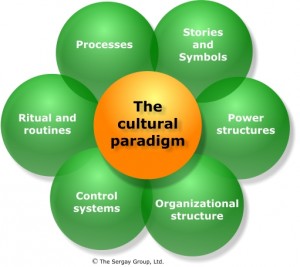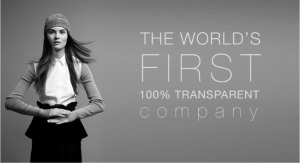This blog written by Gillian Shaw not only caught my attention because the founder of the company mentioned was a Sauder student, but the innovative new technology she created seems to have the potential of being very useful to us both now and in the future. Janice Cheam, founder of Energy Aware Technology, created technology now called the Neurio (which started out as a student project) which tracks the energy use by appliances and other electrical devices in one’s home. Neurio also allows consumers to manage things such as “from turning down the thermostat when they leave the house to reminding them that they left the oven on”. This technology gives people the power to transform an ordinary home into a smart home. Through an online funding site, Neurio has already raised more than $267,000.
Sustainable living is highly encouraged and with the arrival of technology like Neurio, consumers are able to really see the impact they can make by saving energy whenever they can. They can also see how much all this energy they use is really costing them. Studies have shown that devices like Neurio change the way people behave and also how they interact with household appliances.
Article: http://blogs.vancouversun.com/2013/11/14/vancouver-company-helps-turn-your-home-into-a-smart-home/






